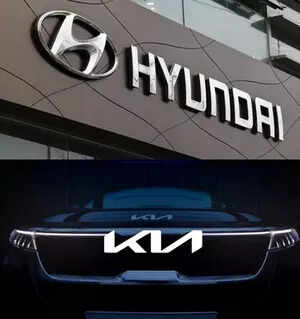
U.S. auto safety regulators said on Wednesday they have closed an investigation into engine fire risks in 3 million Hyundai Motor and Kia vehicles.
The National Highway Traffic Safety Administration (NHTSA) said it was ending the probe after the affiliated Korean automakers previously issued eight recalls covering about 3 million vehicles to address engine fires.
Hyundai said it was pleased with the investigation closure and “is committed to proactively identifying and addressing potential safety issues.” Kia did not comment.
NHTSA first opened investigations in 2019 and upgraded them in 2021 after reports of 161 fires from engine failures.
The U.S. regulator said the majority of the recalled Hyundai and Kia vehicles experienced lower reported fire rates after the recall fixes were completed while those that have not been fixed “experienced relatively high fire rates”.
Hyundai told NHTSA in December it will send reminders to all owners affected by engine failures and fires every eight months for the next three years to get the recall completed, while Kia will issue similar notifications to the majority of its owners every eight months for the next three years.
NHTSA said the “renotification actions will help to increase the recall completion rates, thus reduce the frequency of engine fires in the future.”
NHTSA said both Hyundai and Kia have been installing an engine control software modification known as Knock Sensor
Detection Software that is intended to detect impending engine failure, alert the driver, and limit engine power. Both companies have also extended limited engine warranties.
Kia in December recalled 80,000 2011 model year Sorento vehicles for engine fire risks for inspections and if necessary engine replacements.
NHTSA in November opened a separate probe into 16 separate recalls issued by Hyundai and Kia covering 6.4 million vehicles relating to brake fluid leaks that could result in fires. The automakers have issued a string of recalls since 2016 for issues involving anti-lock braking systems (ABS) and hydraulic electronic control units (HECU) manufactured by the same parts supplier.

